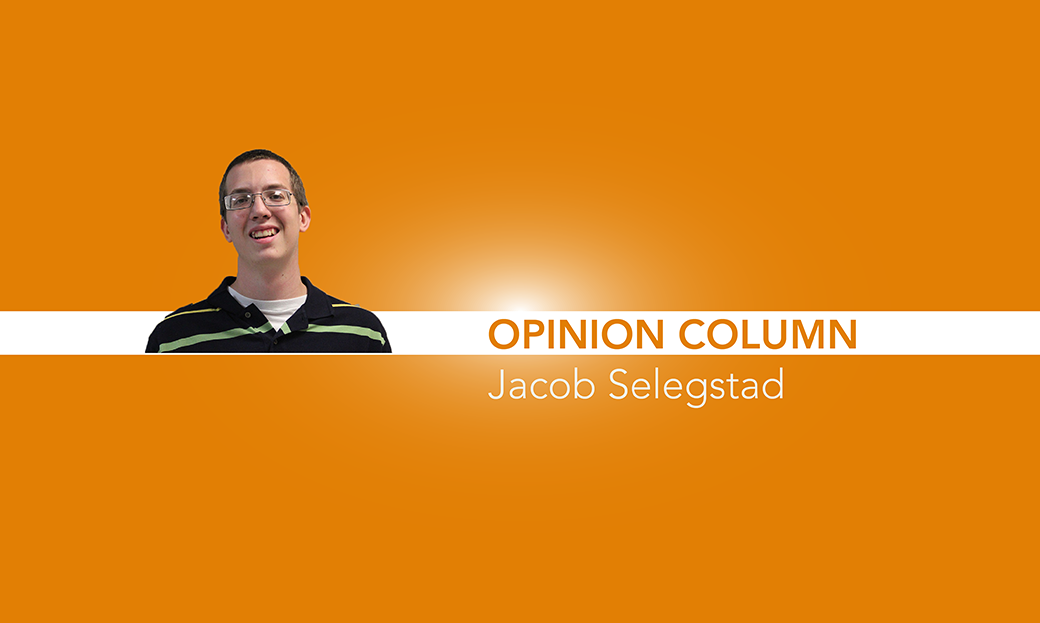
Head-to-head: Early-voting states help candidates boost poll numbers, crucial to electoral process
Presidential primaries have begun, and New Hampshire and Iowa have been receiving a lot of time in the media spotlight. It may be early, but these states are very important and deserve the attention they receive.
Iowa and New Hampshire are definitely not 100 percent predictive of who will be the eventual nominee for each party, but it has been pretty close. Since 1976, only one candidate, Bill Clinton in 1992, has gone on to win the nomination of his respective party without winning Iowa or New Hampshire.
When viewed alone, Iowa and New Hampshire are not that predictive, but when combined with the results of the two states, people can get a pretty good idea of who each party nominee is going to be.
Some like to criticize Iowa and New Hampshire for not being a good representation of the nation, but historical precedent shows they do a pretty good job of guessing who will be the nominee.
The media attention that surrounds Iowa and New Hampshire make those states even more important. The candidates who win Iowa and/or New Hampshire have seen great boosts in their poll numbers after their victories.
According to The Mellman Group, George H.W Bush’s poll numbers doubled after an Iowa victory in 1980, John Kerry added a combined 33 points nationally after victories in Iowa and New Hampshire and John McCain added 20 points after his victory in New Hampshire.
Not only are the candidates receiving benefits in the form of poll numbers, large donors often begin to pour money into candidates’ campaigns after they prove their viability and ability to win. Large donations from people with connections will only benefit candidates, that is, if they aren’t Bernie Sanders.
This isn’t to say that the election is already over. Don’t be surprised if someone left in the cold in Iowa and New Hampshire picks up a state or two — but our future president is likely taking his or her first steps towards the White House.
